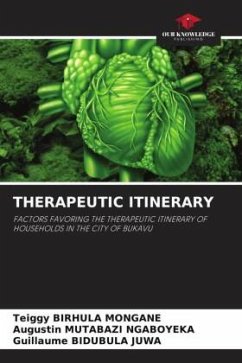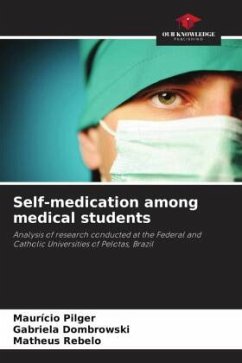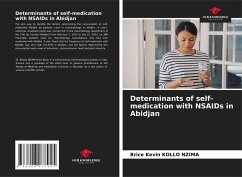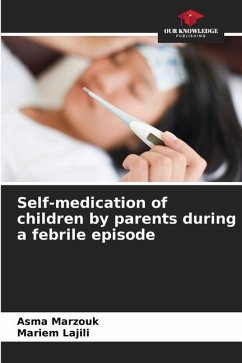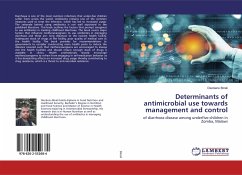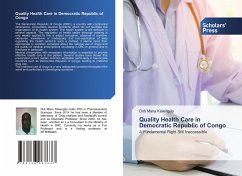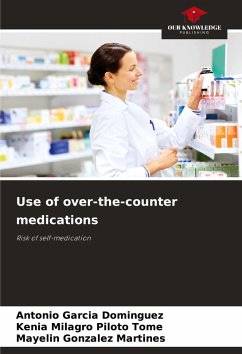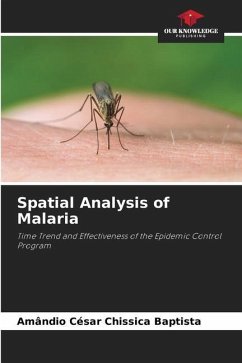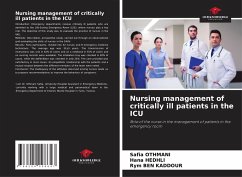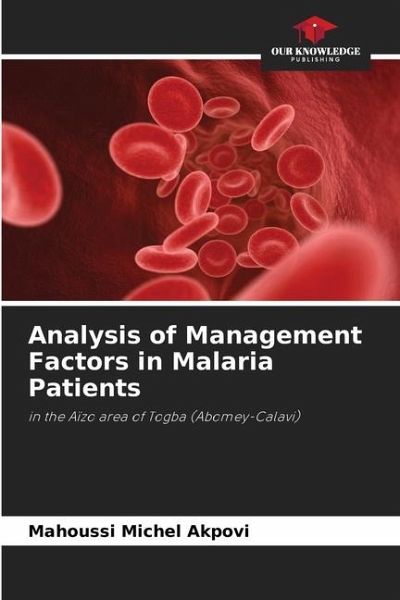
Analysis of Management Factors in Malaria Patients
in the Aïzo area of Togba (Abomey-Calavi)
Versandkostenfrei!
Versandfertig in 6-10 Tagen
27,99 €
inkl. MwSt.

PAYBACK Punkte
14 °P sammeln!
Benin changed its national malaria management policy in 2004, opting for Artemisinin-based Combination Therapies (ACTs). These have been adopted by the World Health Organisation as drugs for the treatment of uncomplicated malaria in endemic countries. To this end, various approaches have been developed to ensure their wide distribution. This research therefore aims to understand the social representations and uses of pharmaceutical antimalarial drugs in the Aïzo community of Togba (Abomey-Calavi commune). The methodological approach adopted is qualitative. Thirty stakeholders were interviewed...
Benin changed its national malaria management policy in 2004, opting for Artemisinin-based Combination Therapies (ACTs). These have been adopted by the World Health Organisation as drugs for the treatment of uncomplicated malaria in endemic countries. To this end, various approaches have been developed to ensure their wide distribution. This research therefore aims to understand the social representations and uses of pharmaceutical antimalarial drugs in the Aïzo community of Togba (Abomey-Calavi commune). The methodological approach adopted is qualitative. Thirty stakeholders were interviewed, including twenty mothers/fathers of children under the age of five at household level, plus six pharmaceutical drug sellers, two health workers and two herbalists, during the second half of 2015. It emerged that the health system, at the centre of which are pharmaceutical antimalarial drugs, combines with 'traditional' knowledge to build popular knowledge about health in the Aïzo community of Togba.



